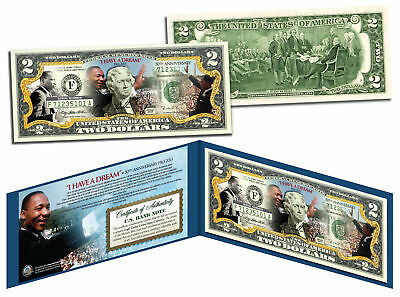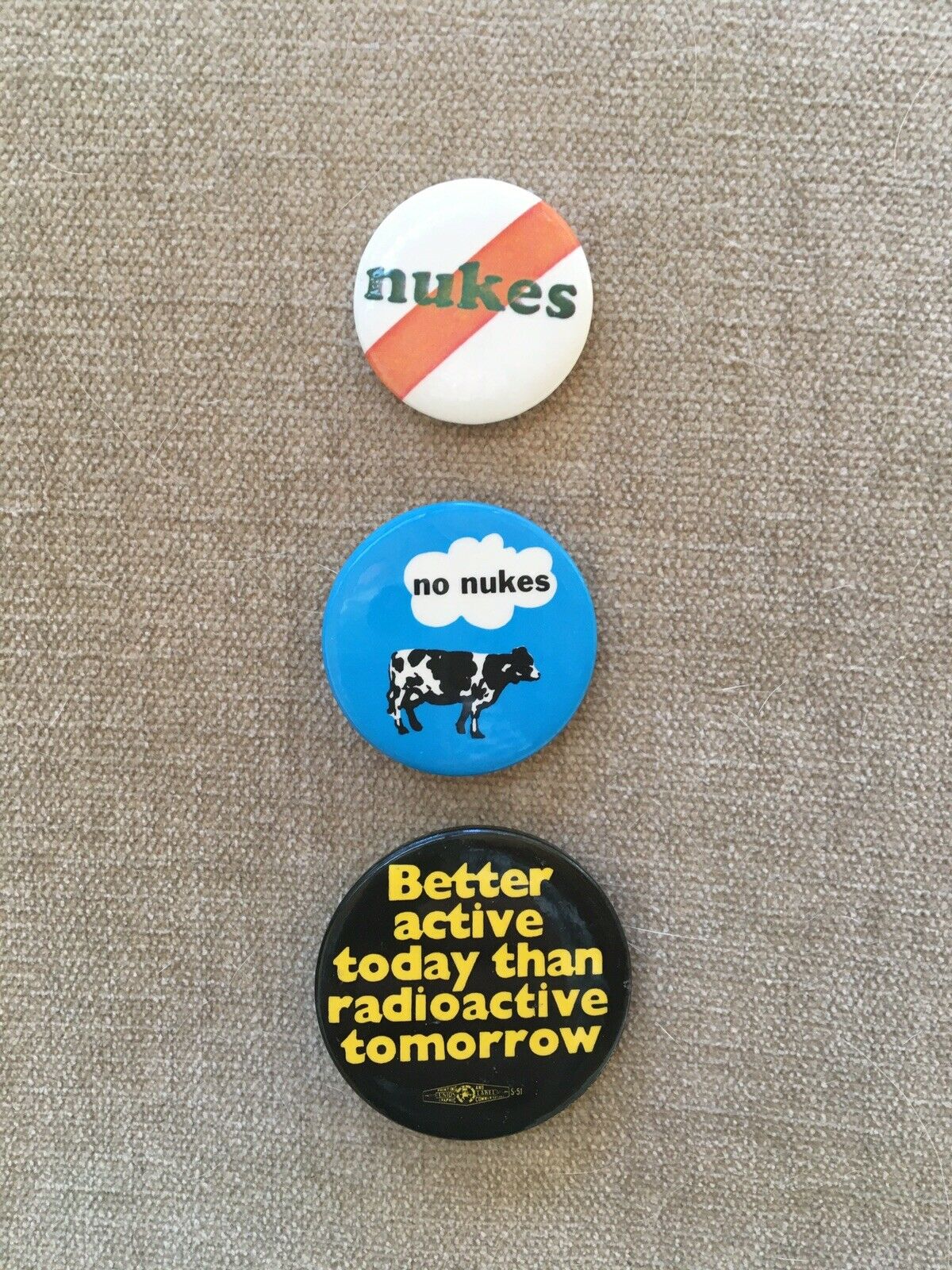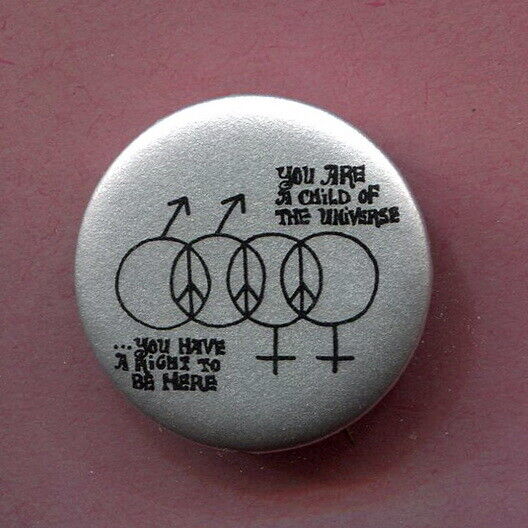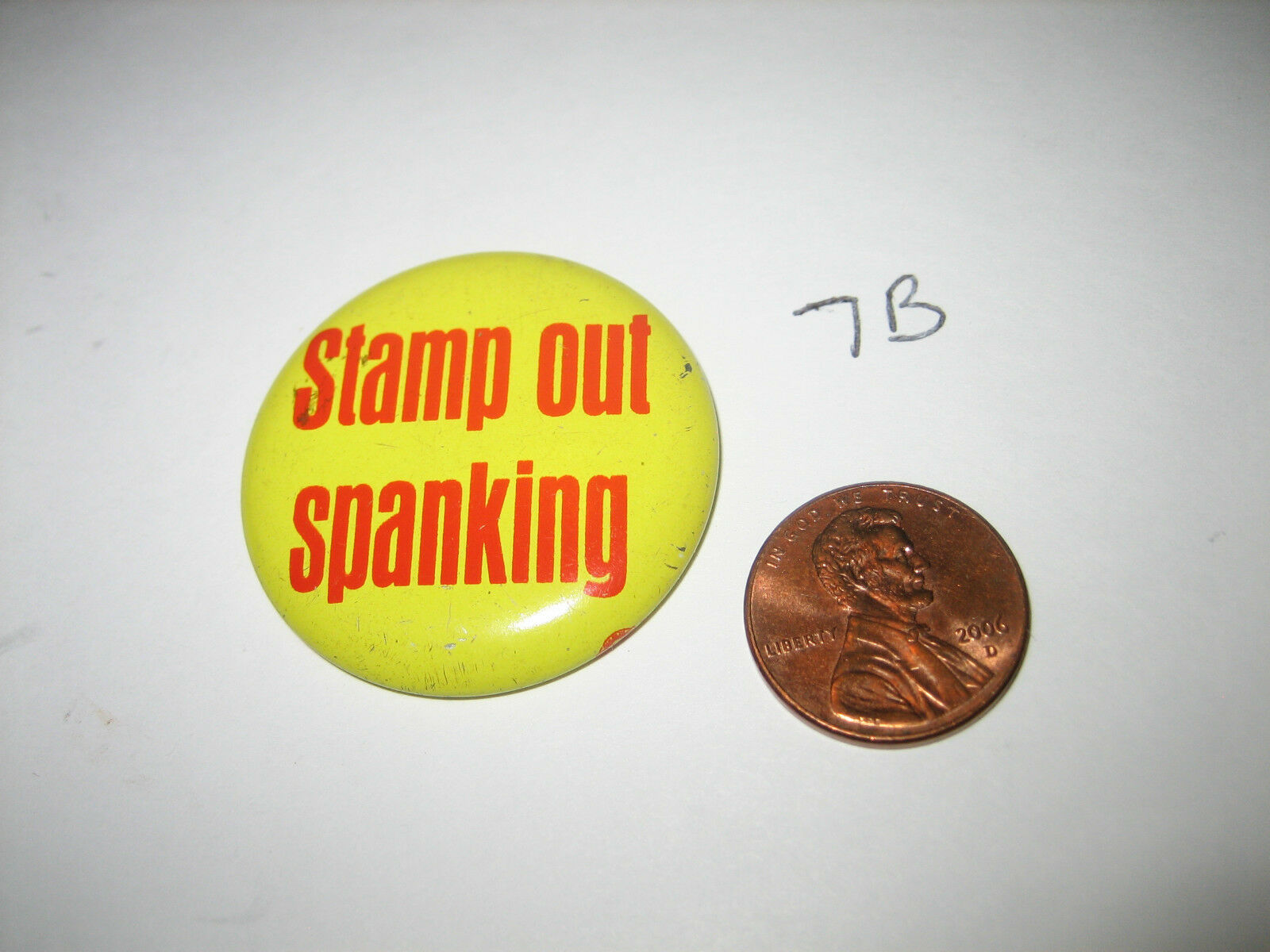-40%
1948 War Resisters League Enrollment Blank & Letters to WRL anti COLD WAR
$ 5.25
- Description
- Size Guide
Description
THIS LISTING BEGAN ON JULY 31, 2021 AND WILLEND WITHIN 30 DAYS, ON OR BEFORE AUGUST 31, 2021
, IF THE ITEM IS NOT SOLD
OFFERED FOR SALE IS THIS
5 1/2 INCH BY 4 INCH PAPER ENROLLMENT FORM
IN WHAT I BELIEVE TO BE REALLY NICE SHAPE.
HOWEVER, THAT IS JUST MY OPINION. SEE PHOTOS FOR CONDITION, AND YOU BE THE JUDGE. I AM GLAD TO ANSWER ANY QUESTIONS YOU MAY HAVE. PLEASE CONTACT ME BEFORE BIDDING OR BUYING.
RETURNS ARE NOT ACCEPTED
UNLESS
THE ITEM IS NOT AS DESCRIBED OR SHOWN IN THE PHOTOS OR HAS SIGNIFICANT DAMAGE OR DEFECTS NOT VISIBLE IN THE PHOTOS OR OTHERWISE DESCRIBED.
GUARANTEED AUTHENTIC AND ORIGINAL AS DESCRIBED
.
Check out my other items listed for sale on eBay!
This Enrollment Blank was printed and distributed in 1948 (as stated on the form) by the
War Resisters League
, whose office was at
5 Beekman Street in New York,
to prospective members. The form reflects that anyone over 16 years of age could join. There are spaces in the blank for providing contact information and occupation, amount applicant wished to contribute and solicitation for a free copy of "The War Resister" the official organ of the WRL. The blank also leaves spaces for identifying interested friends the
The person seeking enrollment in the WRL is asked on the blank to confirm: "
War is a crime against humanity. I therefore am determined not to support any kind of war, international or civil, and to strive for the removal of all the causes of war.
"
The back of the Enrollment Blank has excerpts from letters sent to WRL from persons of varying occupations and positions giving testimonials and offering contributions.
The
War Resisters League
(
WRL
) is the oldest secular pacifist organization in the United States.
It was
founded in 1923
by men and women who had opposed World War I.
It is a section of the London-based
War Resisters' International
. It continues to be one of the leading radical voices in the anti-war movement.
Many of the
organization's founders had been jailed during World War I for refusing military service
. From the
Fellowship of Reconciliation
many Jews, suffragists, socialists, and anarchists separated to form this more secular organization.
Although the WRL was
opposed to US participation in World War II, it did not protest against it
; the WRL complied with the Espionage Act, ceased public protests, and did not solicit new members during this period. However, during World War II, many
members were imprisoned as conscientious objectors
.
In the
1950s, WRL members worked in the civil rights movement
and organized
protests against nuclear weapons testing and civil defense drills
.
In the
1960s, WRL
was the first pacifist organization to call for an
end to the Vietnam War
. WRL also organized the
first demonstration against the war with a September 21, 1963 vigil
at the U.S. Mission to the UN, followed by an
October 9, 1963 picket of Madame Ngo Dinh Nhu
speaking at the Waldorf-Astoria in New York City.
WRL was among the primary groups (along with
Committee for Nonviolent Action
, the
Fellowship of Reconciliation
, the
Socialist Party
, and the
Student Peace Union
) to organize coordinated nationwide protests
against the Vietnam War on December 19, 1964
.
The organization's opposition to nuclear weapons was extended to include nuclear power in the 1970s and 1980s. The
WRL
has also been active in feminist and anti-racist causes and works with other organizations to reduce the level of violence in modern culture.
This underground pinback button pin or badge relates to the Hippie (or Hippy) Counterculture Movement of the psychedelic Sixties (1960's) and Seventies (1970's). That movement included such themes and topics as peace, protest, civil rights, radical, socialist, communist, anarchist, union labor strikes, drugs, marijuana, pot, weed, lsd, acid, sds, iww, anti draft, anti war, anti rotc, welfare rights, poverty, equal rights, integration, gay, women's rights, black panthers, black power, left wing, liberal, etc. progressive political movement and is guaranteed to be genuine as described.
The Deacons emerged as one of the first visible self-defense forces in the South and as such represented a new face of the
civil rights
movement. Traditional civil rights organizations remained silent on them or repudiated their activities. They were effective however in providing protection for local African Americans who sought to register to vote and for white and black civil rights workers in the area. The Deacons, for example, provided security for the 1966 March Against Fear from Memphis to Jackson,
Mississippi
. Moreover their presence in Southeastern Louisiana meant that the Klan would no longer be able to intimidate and terrorize local African Americans without challenge.
The strategy and methods that the Deacons employed attracted the attention and concern of the Federal Bureau of Investigation (FBI), which authorized an investigation into the group’s activities. The investigation stalled, however, when more influential black power organizations such as US and the
Black Panther Party
emerged after the
1965 Watts Riot
. With public attention, and the attention of the FBI focused elsewhere, the Deacons lost most of their notoriety and slowly declined in influence. By 1968 they were all but extinct. In 2003 the activities of the Deacons was the subject of a 2003, “Deacons for Defense.” - See more at: /aah/deacons-defense-and-justice#sthash.s6D3h3ZZ.dpuf
On July 10, 1964, a group of African American men in Jonesboro,
Louisiana
led by Earnest “Chilly Willy” Thomas and Frederick Douglas Kirkpatrick founded the group known as The Deacons for Defense and Justice to protect members of the
Congress of Racial Equality (CORE)
against Ku Klux Klan violence. Most of the “Deacons” were veterans of
World War II
and the
Korean War
. The Jonesboro chapter organized its first affiliate chapter in nearby Bogalusa, Louisiana led by Charles Sims, A.Z. Young and Robert Hicks. Eventually they organized a third chapter in Louisiana. The Deacons tense confrontation with the Klan in Bogalusa was crucial in forcing the federal government to intervene on behalf of the local African American community. The national attention they garnered also persuaded state and national officials to initiate efforts to neutralize the Klan in that area of the Deep South.
The Deacons emerged as one of the first visible self-defense forces in the South and as such represented a new face of the
civil rights
movement. Traditional civil rights organizations remained silent on them or repudiated their activities. They were effective however in providing protection for local African Americans who sought to register to vote and for white and black civil rights workers in the area. The Deacons, for example, provided security for the 1966 March Against Fear from Memphis to Jackson,
Mississippi
. Moreover their presence in Southeastern Louisiana meant that the Klan would no longer be able to intimidate and terrorize local African Americans without challenge.
The strategy and methods that the Deacons employed attracted the attention and concern of the Federal Bureau of Investigation (FBI), which authorized an investigation into the group’s activities. The investigation stalled, however, when more influential black power organizations such as US and the
Black Panther Party
emerged after the
1965 Watts Riot
. With public attention, and the attention of the FBI focused elsewhere, the Deacons lost most of their notoriety and slowly declined in influence. By 1968 they were all but extinct. In 2003 the activities of the Deacons was the subject of a 2003, “Deacons for Defense.” - See more at: /aah/deacons-defense-and-justice#sthash.s6D3h3ZZ.dpuf
On July 10, 1964, a group of African American men in Jonesboro,
Louisiana
led by Earnest “Chilly Willy” Thomas and Frederick Douglas Kirkpatrick founded the group known as The Deacons for Defense and Justice to protect members of the
Congress of Racial Equality (CORE)
against Ku Klux Klan violence. Most of the “Deacons” were veterans of
World War II
and the
Korean War
. The Jonesboro chapter organized its first affiliate chapter in nearby Bogalusa, Louisiana led by Charles Sims, A.Z. Young and Robert Hicks. Eventually they organized a third chapter in Louisiana. The Deacons tense confrontation with the Klan in Bogalusa was crucial in forcing the federal government to intervene on behalf of the local African American community. The national attention they garnered also persuaded state and national officials to initiate efforts to neutralize the Klan in that area of the Deep South.
The Deacons emerged as one of the first visible self-defense forces in the South and as such represented a new face of the
civil rights
movement. Traditional civil rights organizations remained silent on them or repudiated their activities. They were effective however in providing protection for local African Americans who sought to register to vote and for white and black civil rights workers in the area. The Deacons, for example, provided security for the 1966 March Against Fear from Memphis to Jackson,
Mississippi
. Moreover their presence in Southeastern Louisiana meant that the Klan would no longer be able to intimidate and terrorize local African Americans without challenge.
The strategy and methods that the Deacons employed attracted the attention and concern of the Federal Bureau of Investigation (FBI), which authorized an investigation into the group’s activities. The investigation stalled, however, when more influential black power organizations such as US and the
Black Panther Party
emerged after the
1965 Watts Riot
. With public attention, and the attention of the FBI focused elsewhere, the Deacons lost most of their notoriety and slowly declined in influence. By 1968 they were all but extinct. In 2003 the activities of the Deacons was the subject of a 2003, “Deacons for Defense.” - See more at: /aah/deacons-defense-and-justice#sthash.s6D3h3ZZ.dpuf
On July 10, 1964, a group of African American men in Jonesboro,
Louisiana
led by Earnest “Chilly Willy” Thomas and Frederick Douglas Kirkpatrick founded the group known as The Deacons for Defense and Justice to protect members of the
Congress of Racial Equality (CORE)
against Ku Klux Klan violence. Most of the “Deacons” were veterans of
World War II
and the
Korean War
. The Jonesboro chapter organized its first affiliate chapter in nearby Bogalusa, Louisiana led by Charles Sims, A.Z. Young and Robert Hicks. Eventually they organized a third chapter in Louisiana. The Deacons tense confrontation with the Klan in Bogalusa was crucial in forcing the federal government to intervene on behalf of the local African American community. The national attention they garnered also persuaded state and national officials to initiate efforts to neutralize the Klan in that area of the Deep South. - See more at: /aah/deacons-defense-and-justice#sthash.s6D3h3ZZ.dpuf
THIS IS MY HOBBY AND IS
NOT A BUSINESS
. THIS AND MY OTHER ITEMS ON EBAY ARE FROM MY PERSONAL COLLECTIONS AND WERE NOT INITIALLY ACQUIRED BY ME FOR RESALE. PROCEEDS GO TO BUY OTHER STUFF I AM INTERESTED IN COLLECTING.
I HAVE BEEN A LONGTIME MEMBER OF
A. P. I .C. (AMERICAN POLITICAL ITEMS COLLECTORS)
. IF YOU ARE NOT A MEMBER, YOU SHOULD CONSIDER JOINING.
IT IS A GREAT ORGANIZATION!
SHIPPING:
ITEMS WILL BE SAFELY PACKED TO AVOID DAMAGE DURING SHIPPING. ITEMS ARE SHIPPED BY FIRST CLASS MAIL.
SHIPPING TO DESTINATIONS
WITHIN THE UNITED STATES
IS
.50
OUTSIDE THE UNITED STATES
, SHIPPING IS
.00.
I WILL
REDUCE SHIPPING CHARGES ON THE PURCHASE OF MULTIPLE ITEMS
.
HOWEVER, TO RECEIVE IT,
YOU MUST WAIT FOR AN INVOICE
FROM ME
WITH COMBINED SHIPPING CHARGES
BEFORE PAYING
. YOU CAN ALSO REQUEST ONE. ONCE YOU PAY THEM,
I CANNOT REFUND MULTIPLE SHIPPING COSTS IN WHOLE OR IN PART
.
SO PLEASE WAIT TO PAY
.
THANK YOU FOR YOUR INTEREST.










